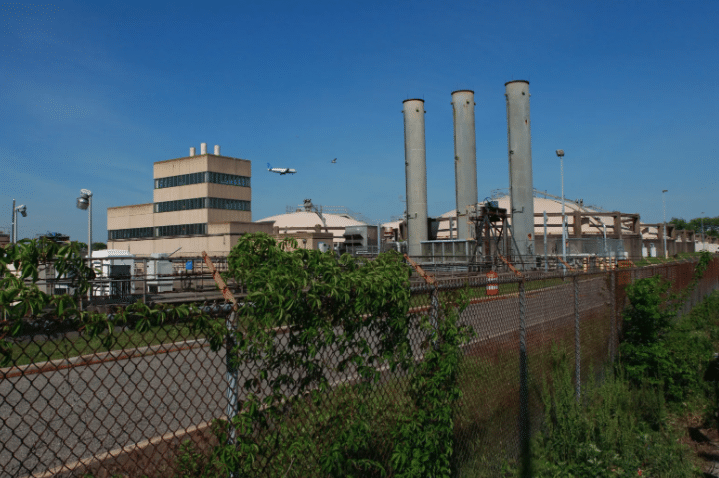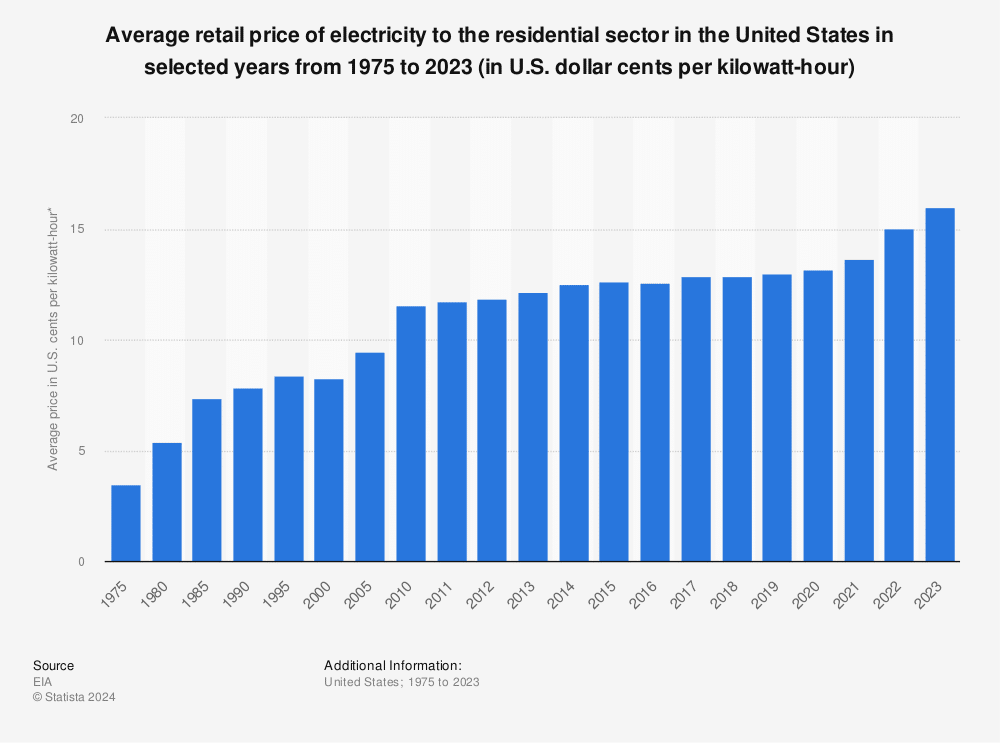As summer approaches, homeowners face the dual challenges of soaring temperatures and rising energy costs. After all, high temperatures doubled with humidity in New York State are essentially a guarantee locally in the summer months. In addition, a recent development that might hit consumers’ pockets harder is National Grid’s proposal to increase rates by $13.2 million in NYC and $9.9 million in Long Island, as they expand their use of renewable natural gas sourced from organic waste (1). Between naturally higher utility bills from the costs that come with cooling your home and/or business and National Grid’s increased rates, utility costs could hit harder than expected very soon.
However, there’s a silver lining with clean energy, especially with these impending rate hikes. Solar power offers a more stable and cost-effective solution. By investing in solar panels, homeowners can lock in their energy rates, avoiding the unpredictability of traditional utility costs and reaping plentiful solar energy savings.
The Rate Hike
Before we discuss the National Grid rate increase, please be aware that at the time of this writing, the rate hike is only proposed. Nothing is official until New York’s Public Service Commission approves National Grid’s proposal. Currently, the proposal only impacts New York City and Long Island, but if the waste-to-energy effort proves to be successful in the downstate, we can certainly expect it to come upstate.
National Grid’s proposal increases rates in order to fund their new project using renewable natural gas from food waste. The planned rate hike involves an additional $13.2 million in NYC and $9.9 million in Long Island of capital costs (1). The rate increases are set to impact consumers directly, as they are intended to cover the costs associated with this green energy project- which applies to both residential and commercial National Grid customers.
So, between the financial costs to customers and the potential emissions of greenhouse gases from waste-to-energy facilities, this project could have a long-term negative impact to the taxpayer. If the proposed ideas from National Grid prove to be successful, we could count on seeing less greenhouse gas emissions, but either way, this project going forward will increase rates. Solar energy savings have become all the more important with these recent developments.

Utilizing Solar Energy Savings
Regardless of National Grid’s proposal, solar energy is a way to protect yourself, your family, and your wallet from costly utility rate hikes.
So, how can solar help you?

Stable Energy Costs: Solar panels provide electricity at a consistent rate. Once you’ve installed solar, the sunlight is free, which means you’re less affected by fluctuations in utility rates due to fuel costs or infrastructural investments like those proposed by National Grid. Rate hikes are inevitable, and clean energy is a shield against those increases.
Increased Home Value: Homes with solar installations often see an increase in property value. A solar setup not only reduces energy bills but also attracts eco-conscious buyers. According to Zillow, solar adds a nationwide average of 4.1% onto the value of your home (roughly $10,000!).
Tax Incentives and Rebates: The government offers various tax incentives and rebates for solar panel installation, reducing the initial costs and enhancing the return on investment. Eligible homeowners can receive about 50% of their total project cost covered as a tax credit.
Environmental Impact: Solar energy is clean and renewable. By switching to solar, you contribute to reducing carbon emissions, aligning with broader environmental goals to combat climate change.
The Timing is Right
The proposed rate hike by National Grid is set to finance projects that convert food and human waste to biogas, which has been fraught with operational challenges, leading to inefficiencies and increased costs (1). In contrast, solar panels provide a more reliable and direct method for generating energy without the complexities and risks associated with bioconversion projects.
With the impending utility rate increases and the ongoing incentives for solar power, now is an opportune time to consider switching to solar. Not only will it stabilize your energy costs, but it will also support environmental sustainability and potentially increase your home’s market value. Go solar with Kasselman Solar, a local installer with over 75 years of industry experience, that’s even been featured in Forbes.

